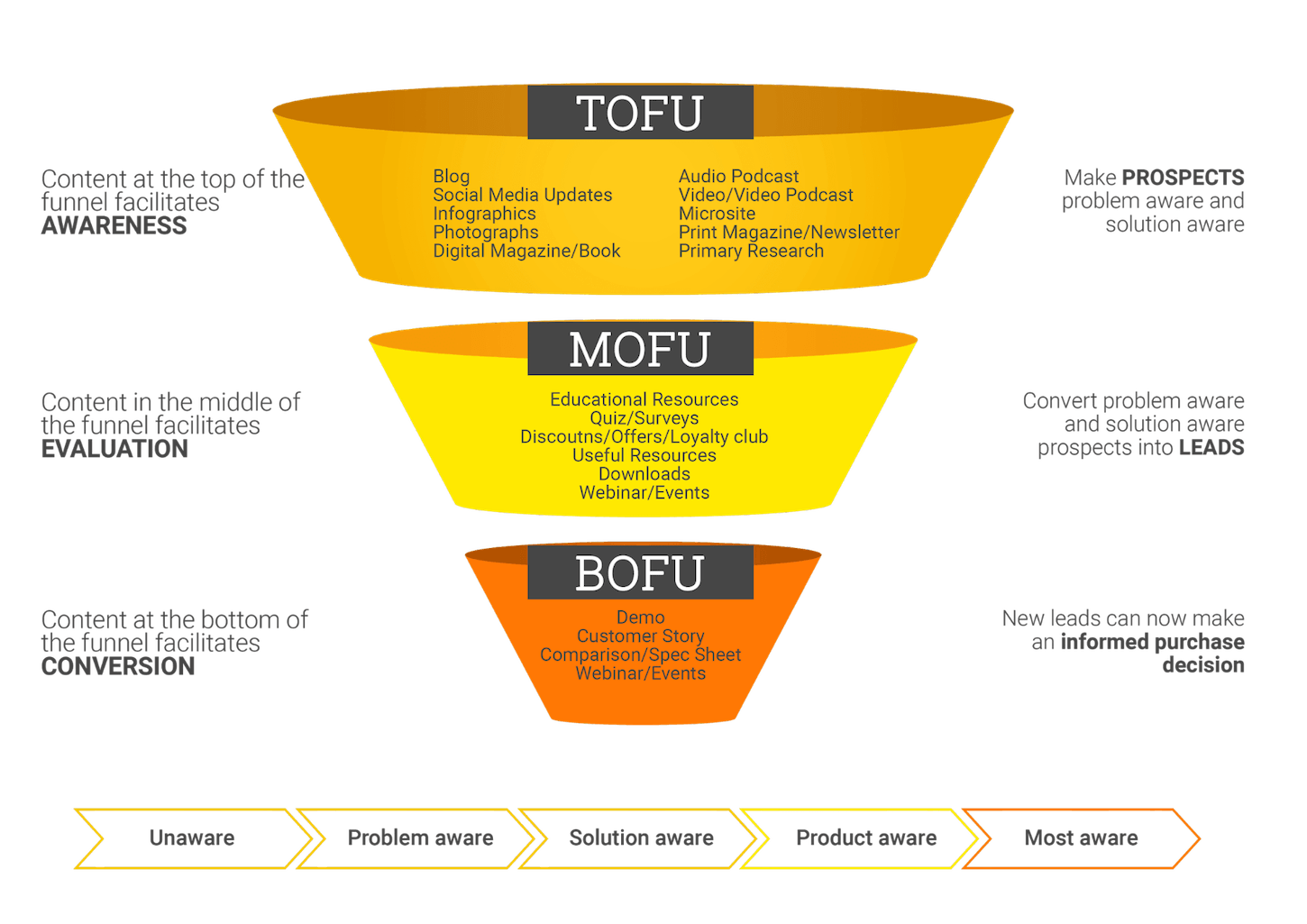7 Tools to Automate Time-Consuming Marketing Tasks

Business process automation is rapidly rolling out across many business functions and has fast become a preferred option for many marketers.
Great marketing automation tools can significantly minimize the need for manual input, automating many of the time-consuming processes that are still essential for creating a successful marketing campaign.
Here are 7 marketing tools that can help you automate time-consuming marketing tasks:
1) Blogger Outreach Tools
Link building through any type of blogger outreach project can be an extremely taxing on your resources.
You have to find interesting blogs, search for relevant contact info, write a personalized pitch (you don't HAVE to, but you SHOULD), send your pitch, manage incoming communications, and send follow ups when you don't receive a response.
Every single action we just mentioned can take quite a bit of time when done manually. As a matter of fact, we believe that it is close to impossible to effectively manage a bigger outreach campaign without a proper blogger outreach tool which you can read all about in our in-depth review of best blogger outreach tools on the market.
Finding websites according to set keywords, scraping the website for relevant contact info, personalized outreach templates, and automated follow-up messages are just some of the features you can use to significantly speed up your outreach projects.
Try: Pitchbox, an outreach automation platform that helps you to connect and communicate. Alternatively, try BuzzStream; a comprehensive CRM and outreach tool that's used by brands like Shopify and Airbnb.
2) Social Media Management Tools
Social media marketing can be hugely effective, and it would be simple to do... if there weren't so many channels! The average person uses between 3 and 8 social media networks, which means that in order to improve reach and target the right audiences at the right times, businesses need to be utilizing a wide range of different platforms... certainly a time-consuming and potentially complicated task.
That's why we have witnessed a rise in different social media management tools. These tools automate processes and facilitate a multi-channel approach to social media marketing and promotion.
Imagine running profiles on 4 different social networks - you have to create at least 2 or 3 posts per day on each, making them original and interesting. It takes time to find the right kind of content to share or come up with one yourself. Social media management tools allow you to share or schedule sharing of articles on multiple networks at once, with different text on each.
Try: Hootsuite, which lets you track and monitor social media engagement with your brand. Alternatively, try Buffer; a social media management platform which is now used by more than 4 million marketers.
If you're struggling to find content to share - which can also be very time consuming - there are content curation tools that will do that for you. You just list keywords and topics you are interested in and these tools will find interesting and fresh articles for you to read and share on your social media.
For finding great content, try the DrumUp, tool which finds articles according to your keywords and allows you to share them on social media with just a single click.
3) Content Promotion Tools
According to the Content Marketing Institute, more and more businesses are increasing their content marketing budgets and producing more relevant, interesting, and engaging content. However, creating the content is often the easier part; the harder part is getting that content in front of the right eyes... at the right time.
That's where automated content promotion tools can be beneficial. These tools typically allow you to schedule your content to be posted to different channels at different times to boost visibility, and enable you to see what your competitors are posting, keeping up with relevant areas of interest.
At the end of the day, spending time on creating great content is completely pointless unless you're able to get that content seen; something that's usually not a problem for major brands with massive global followings, yet can be a massive stumbling block for smaller businesses. You need a strategy, and that's what content promotion tools are all about.
Content promotion tools often work in a similar way to social media management tools; they allow you to upload your content, enter in a few relevant keywords, and share your hard work with users within similar industries. And if you're still finding that traffic isn't as great as you were hoping, these tools can also point you in the right direction, showing which types of content are currently performing best.
Try: QUUU, which is renowned for the QUUU scheduler to help you schedule post-publication across multiple platforms. Alternatively, try Sprout Social which lets you manage your own content calendar.
4) Email Marketing Tools
Some people say that email marketing is dead. Yet the statistics say quite the opposite. Not only are email newsletters one of the first three news sources a business exec will check in the morning, but almost half of all customers are more likely to buy from a brand that regularly sends emails.
Email marketing can be effective, but manually sending mass emails simply isn't realistic. Email marketing tools which automate the mass mailing process can and do work, but it's important to get to grips with the software first. No one wants to receive an email that's addressed to 'customer'; it's got to be personal.
What these tools do is provide a way for you to automate the methods you use to stay in touch with your customers via email. At their most basic, they allow you to send multiple emails to multiple addresses at the same time, but typically they'll do much more. Some tools allow for ecommerce integration so that you can automatically send different emails to different customers based on their purchase or browsing history, and they'll also generate reports so that you can see statistics such as subscription rate, unsubscribe rate, open rate, click through rate, and so on.
Try: MailChimp, which allows you to send up to 12,000 emails to 2000 subscribers for free each month. Alternatively, try Constant Contact which offers unlimited emails through either of their two price plans.
4) Lead Nurturing Tools
There's a very fine line between email marketing and lead nurturing, but there is a distinct difference between the two. While email marketing is focused on the digital equivalent of cold calling, lead nurturing is more about creating personalized communications that match each step of the marketing funnel.

Unfortunately, identifying each step of the funnel, matching content, and ensuring this content reaches the right people at the right times can require a lot of your resources. Luckily, this becomes a lot easier with automated tools which can effortlessly send customized emails in response to customer behavior triggers.
While all lead generation tools are different, many tools are able to display user statistics to help you follow up on promising leads, such as visitor location and number of pages viewed during the visit. Predictive lead scoring features can also help you to filter the marketing qualified leads (MQLs) and sales qualified leads (SQLs) from those visitors that are statistically less likely to take action or convert.
Try: Buzz Builder Pro which is a way to generate new leads and nurture these leads through digital communications. Alternatively, try Jumplead which is specifically aimed at small and medium businesses.
5) Inbound Marketing Tools
If businesses had a choice, they'd pretty much always opt for inbound marketing over outbound marketing; letting customers find them rather than the other way around.
On the surface, inbound marketing takes less time than outbound, yet there's still a lot that needs to be done behind the scenes to ensure the brand is visible to the right audiences; SEO, PPC, content creation, link building, and so on.
Inbound marketing tools are designed to automate many of the traditionally manual processes involved with not only creating but also optimizing a marketing strategy, minimizing the need for cold calling.
The idea of these tools is to provide audiences with everything they need to come to you, rather than you going to them. This includes keyword generation and comparison, identification of link building opportunities, personalized content and digital ads, and complete optimization of landing pages.
Try: Marketo, which offers a completely comprehensive automated marketing service to facilitate campaign management. Alternatively, try HubSpot which also offers all-in-one inbound marketing software.
6) Analysis Tools
Some businesses think that creating one marketing strategy is all it takes to succeed. They're wrong. The problem with marketing is that customer needs, preferences, and behaviors are constantly evolving which means that there is no guarantee that a campaign will continue working in the long term.
It's vital that businesses continually monitor and track key performance indicators and metrics, although analytics on top of campaign management can be a handful. Automated analysis tools track engagement and highlight which of your channels are successful, and where there's room for improvement.
A good analysis tool will track and display a wide range of metrics depending on what areas you're particularly interested in at any given time. This could be the close rate of specific members of your sales team, average conversion rate, engagement, sales, refunds, and more. The idea is to provide you with a comprehensive overview of the success of each of your campaigns and efforts, allowing you to make strategic decisions going forward.
Try: ONTRAPORT which is designed to help entrepreneurs measure the impact of their marketing campaigns. Alternatively, try Mixpanel, which tracks engagement through both web and mobile sites.
7) Growing Your Business
Why do the hard work when software can do it for you? By utilizing automated marketing tools such as those listed above, you'll find it easier to free up your valuable internal resources for further productivity and profitability, leaving you with more time to develop and grow your core business.
About the Author: Dario Supan is a content strategist and editor at Point Visible content marketing agency. When he isn't neck deep in outreach projects and editorial calendars, you will most likely find him designing a custom graphic for his next exciting post.








